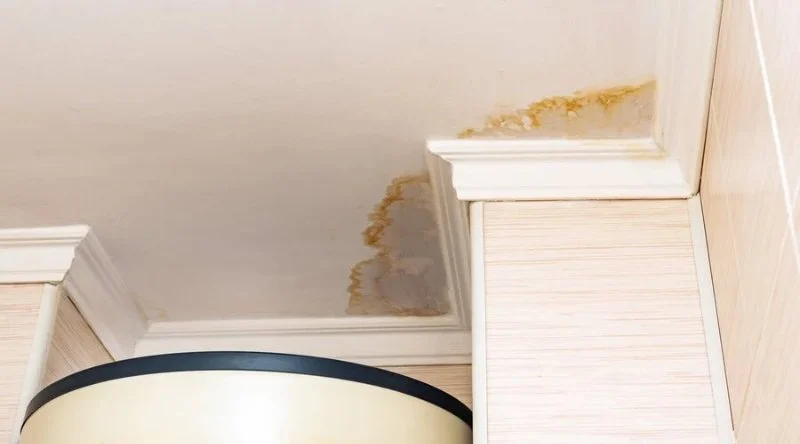 How to Locate Hidden Water Leaks in Walls or Ceilings: Tips for Homeownerslocate hidden water leaks, hidden water leaks detection, plumbing leaks in walls, water leaks in ceilings, how to find water leaksLearn how to locate hidden water leaks in walls and ceilings to prevent damage. Discover effective methods to detect plumbing leaks early and avoid costly repairs.
How to Locate Hidden Water Leaks in Walls or Ceilings: Tips for Homeownerslocate hidden water leaks, hidden water leaks detection, plumbing leaks in walls, water leaks in ceilings, how to find water leaksLearn how to locate hidden water leaks in walls and ceilings to prevent damage. Discover effective methods to detect plumbing leaks early and avoid costly repairs.- Why Hidden Water Leaks Are Concerning
- Common Causes of Hidden Water Leaks
- How to Detect Hidden Water Leaks in Walls and Ceilings
- When to Call a Plumber for Hidden Water Leaks

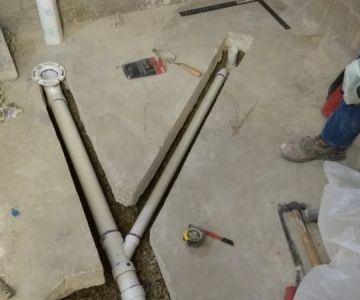
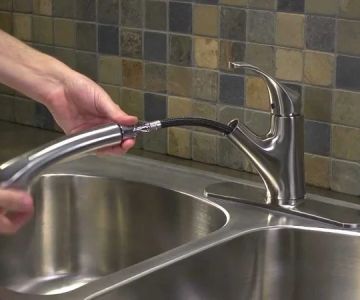
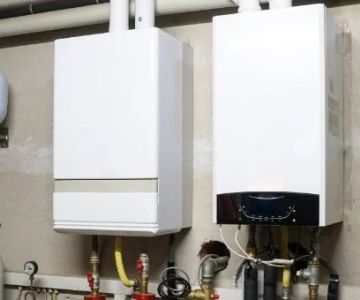
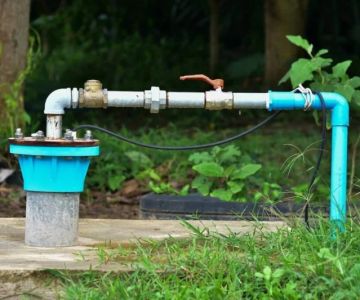
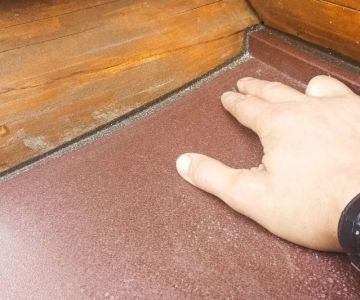
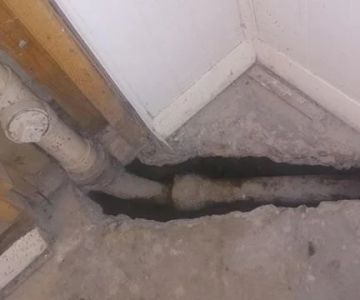
 Low Cost Rooter5.0 (3 reviews)
Low Cost Rooter5.0 (3 reviews)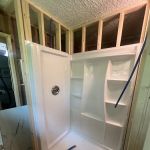 Mid Mountain Plumbing5.0 (9 reviews)
Mid Mountain Plumbing5.0 (9 reviews)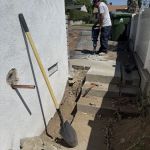 Gus Plumbing and Rooter Services5.0 (7 reviews)
Gus Plumbing and Rooter Services5.0 (7 reviews)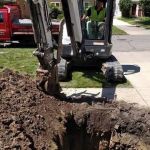 T&J Rooter Service4.0 (962 reviews)
T&J Rooter Service4.0 (962 reviews)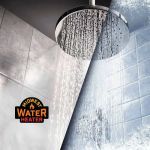 Midwest Water Heater4.0 (61 reviews)
Midwest Water Heater4.0 (61 reviews) Klein Plumbing & Drain Cleaning4.0 (15 reviews)
Klein Plumbing & Drain Cleaning4.0 (15 reviews)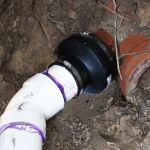 How to Replace a Broken Pipe in a Slab Foundation | Plumbers Supply Hub
How to Replace a Broken Pipe in a Slab Foundation | Plumbers Supply Hub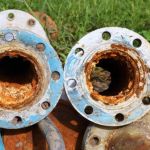 How to Replace a Galvanized Pipe in Your Home
How to Replace a Galvanized Pipe in Your Home How to Replace a Leaky Shower Valve Step by Step: Easy Guide for Homeowners
How to Replace a Leaky Shower Valve Step by Step: Easy Guide for Homeowners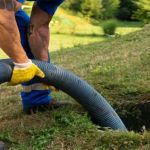 How to Clean Out a Septic Tank Safely and Effectively
How to Clean Out a Septic Tank Safely and Effectively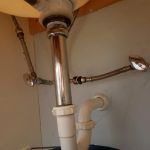 How to Replace a Sink Overflow Tube: A Complete Step-by-Step Guide
How to Replace a Sink Overflow Tube: A Complete Step-by-Step Guide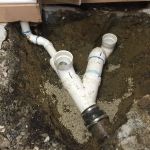 How to Reroute a Drain Line After Flooring Remodel
How to Reroute a Drain Line After Flooring Remodel